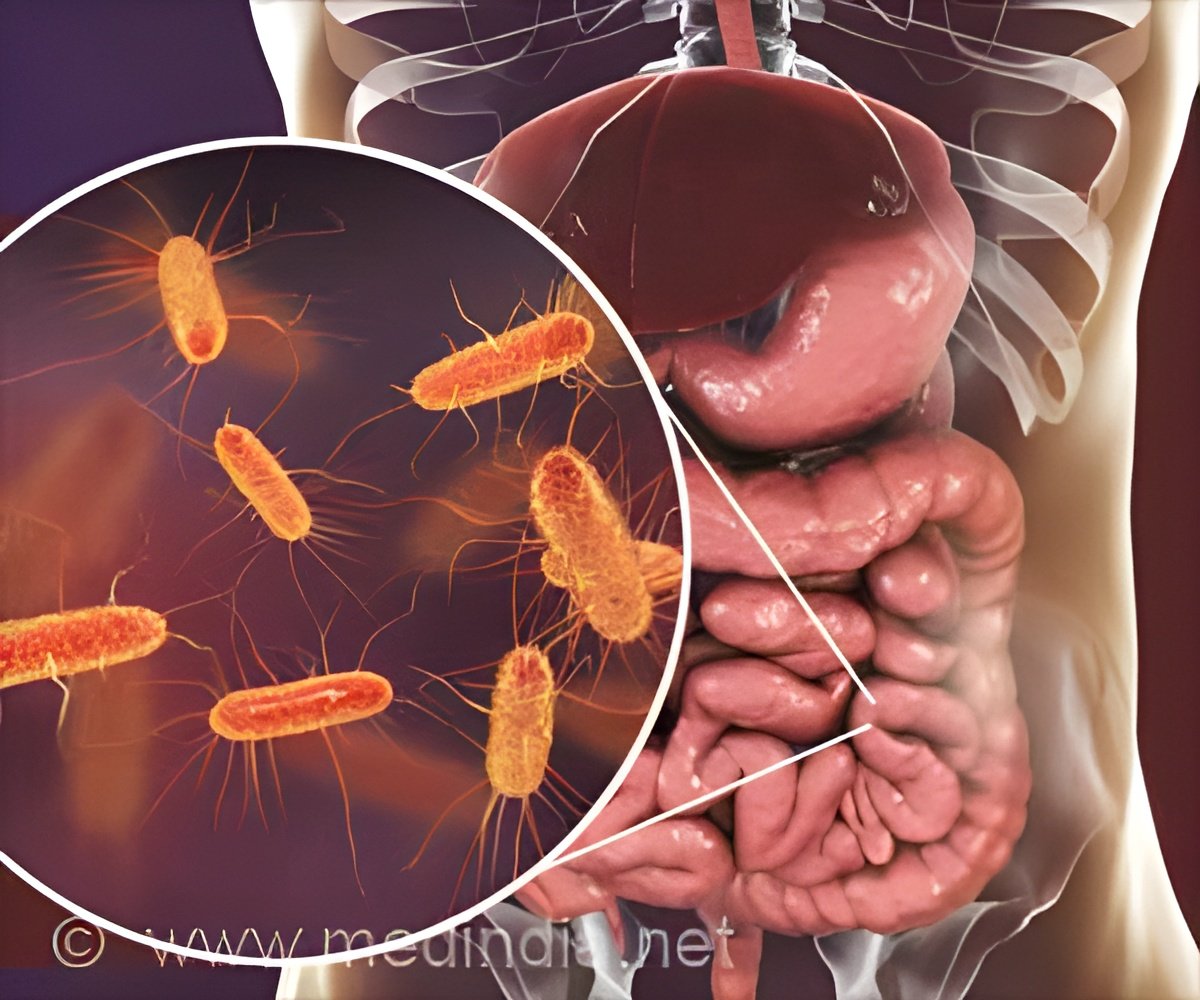What to do if I have a family history of colon cancer? You must speak to a doctor and check with them on the need to start screening before the age of 45.

‘People who have close relatives with a history of colorectal cancer should start their screening at the right age for prevention and early detection.’





How do you Get Colorectal Cancer?
The healthy cells in the colon develop mutations in their DNA and accumulate together to form a tumor and over time these cancer cells grow to invade and destroy the normal tissue nearby.While there is no specific cause behind the development of colorectal cancer and most are found among people without a family history of colorectal cancer where approximately 1 in 3 people who are affected by the condition have other family members (parent, sibling, or child) who have suffered from colorectal cancer.
The reasons for the increased risk are not clear but it is higher if their relative was diagnosed with cancer before 50 years or if more than one parent, sibling, or child is affected.
Screening helps in detecting this cancer early therefore, if you have had colorectal cancer then you must inform your close relative so they can start their screening at the right age. Colorectal cancer presents several symptoms and risk factors that can help in identifying it early.
The common symptoms of colorectal cancer are constant changes in bowel habits diarrhea or constipation and modifications in stool; Blood or rectal bleeding stool; Persistent discomfort in the abdomen such as cramps, gas, or pain, and weight loss.
Advertisement
Apart from family history, there are other risk factors such as old age, personal history of non-cancerous polyps, Inflammatory intestinal conditions (Crohn’s disease and ulcerative colitis), sedentary lifestyle, type 2 Diabetes, Obesity, and radiotherapy.
Advertisement
How Can you Prevent Yourself from Colon Cancer?
Doctors insist that there are several precautionary measures that you can adopt to prevent yourself from colon cancer. These include:Screening
- Colon cancer screening through traditional colonoscopy every 10 years after the age of 45 is recommended before any signs or symptoms may develop.Colonoscopy
- It is a type of screening where a colonoscope is used to gain images of the colon and rectum. This method is considered the “gold standard” in colon cancer screening because of its accuracy and the ability of your doctor to remove the growths at the same time.Fecal Occult Blood Test (FOBT)
- This screening method uses a light and camera lens or a sigmoidoscope to examine the colon. With this test, doctors can find microscopic traces of blood that may not be visible during a normal bowel movement at home.Lifestyle changes
- Moderating your alcohol consumption, curbing smoking, maintaining a healthy weight and regular exercise are some preventive measures through which you can reduce your risk of colon cancer.Always remember prevention is better than cure. If you have a family history of colorectal cancer, kindly follow the precautionary lifestyle changes to prevent it.
Source-Eurekalert















